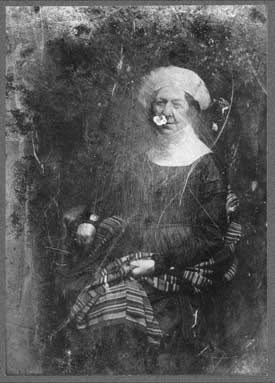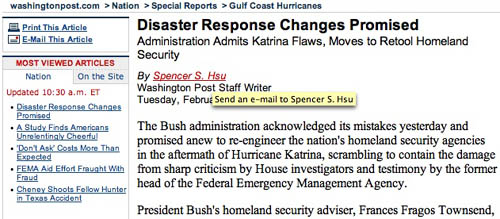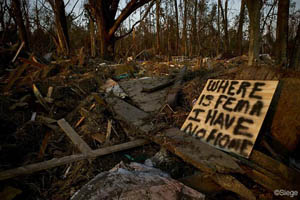Few would disagree that Presidents’ Day, though in theory a celebration of the nation’s highest office, is actually one of our blandest holidays — not so much about history as the resuscitation of commerce from the post-holiday slump. Yesterday, however, brought a refreshing change.
Spending the afternoon at the institute was Holly Shulman, a historian from the University of Virginia well known among digital scholarship circles as the force behind the Dolley Madison Project — a comprehensive online portal to the life, letters and times of one of the great figures of the early American republic. So, for once we actually talked about presidential history on Presidents’ Day — only, in this case from the fascinating and chronically under-studied spousal perspective.
Shulman came to discuss possible collaboration on a web-based history project that would piece together the world of America’s founding period — specifically, as experienced and influenced by its leading women. The question, in terms of form, was how to break out of the mould of traditional web archives, which tend to be static and exceedingly hierarchical, and tap more fully into the energies of the network? We’re talking about something you might call open source scholarship — new collaborative methods that take cues from popular social software experiments like Wikipedia, Flickr and del.icio.us yet add new layers and structures that would better ensure high standards of scholarship. In other words: the best of both worlds.
Shulman lamented that the current generation of historians are highly resistant to the idea of electronic publication as anything more than supplemental to print. Even harder to swallow is the open ethos of Wikipedia, commonly regarded as a threat to the hierarchical authority and medieval insularity of academia.
Again, we’re reminded of how fatally behind the times the academy is in terms of communication — both communication among scholars and with the larger world. Shulman’s eyes lit up as we described the recent surge on the web of social software and bottom-up organizational systems like tagging that could potentially create new and unexpected avenues into history.
A small example that recurred in our discussion: Dolley Madison wrote eloquently on grief, mourning and widowhood, yet few would know to seek out her perspective on these matters. Think of how something like tagging, still in an infant stage of development, could begin to solve such a problem, helping scholars, students and general readers unlock the multiple facets of complex historical figures like Madison, and deepening our collective knowledge of subjects — like death and war — that have historically been dominated by men’s accounts. It’s a small example, but points toward something grand.



